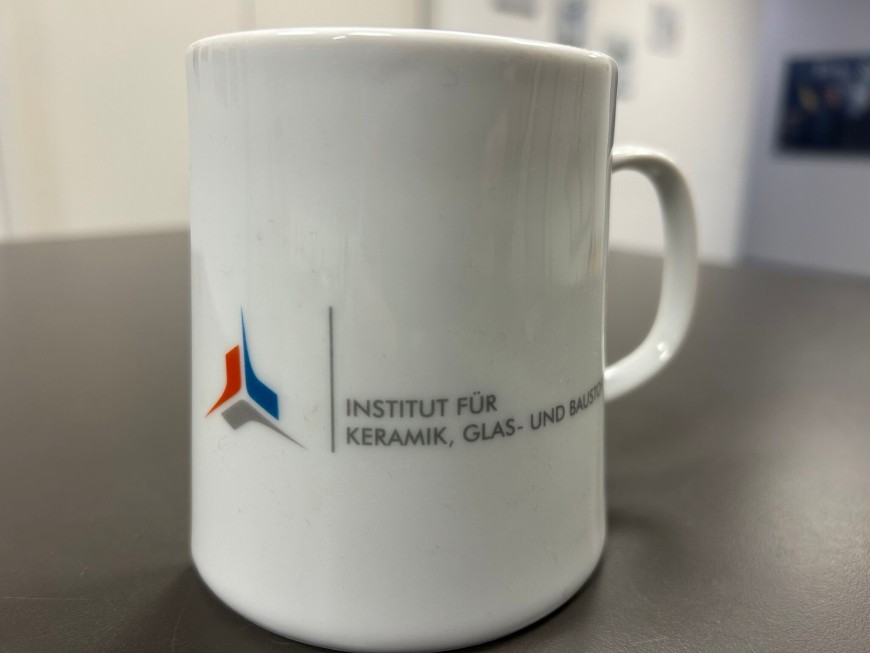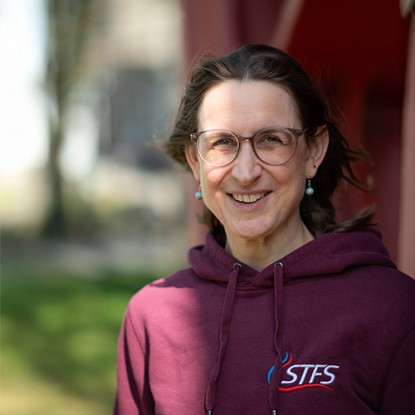Kindling Minds, Not Just Filling Vessels – how teaching and the energy transition are coupled
Lecture re-designed
2025/09/30
Right before the new semester kicks off — with our completely redesigned course Chemically Reactive Flows – Theory and Practice with Python [1] — a quote on my coffee mug caught my attention (see pictures [2]):
Right before the new semester kicks off — with our completely redesigned course Chemically Reactive Flows – Theory and Practice with Python [1] — a quote on my coffee mug caught my attention (see pictures [2]):
„The mind is not a vessel to be filled but a fire to be kindled.“ – Plutarch, Moralia [3]
Why this resonates with me:
Education: Teaching is not about pouring information into students, but about igniting curiosity and enabling them to develop their own ideas. Once a fire is lit, it sustains itself as long as there is fuel.
Energy transition: Today, combustion is often linked to negative associations — fossil fuels, pollution, climate change. Yet fire itself still carries a positive symbolism: warmth, light, creativity, transformation. It is time to reconnect combustion and fire with positive associations, as essential parts of our society’s future. Storing renewable energy in chemical carriers, such as hydrogen, ammonia, and metals, and releasing it through clean combustion, is key to the energy transition. In turbines, aircraft, or the chemical industry, this can defossilize energy-intensive processes and reduce greenhouse gas emissions.
I am excited to start the semester and to spark new ideas together with the students.
[1] In the first half of the course, students learn the fundamentals of combustion in an inverted classroom format. In the second half, they independently develop a larger Python project directly linked to ongoing research – for example, on hydrogen as a renewable energy carrier.
[2] The coffee mug comes from the Institute of Ceramics, Refractories and Composite Materials at TU Bergakademie Freiberg, led by Prof. Christos Aneziris, who gave it to me during our time in Freiberg. It has been a loyal companion ever since.
[3] This thought is often (mis)attributed to Heraclitus or Yeats, but its authentic origin is in Plutarch’s reflections on learning. See: https://lnkd.in/e6aSgvfY



